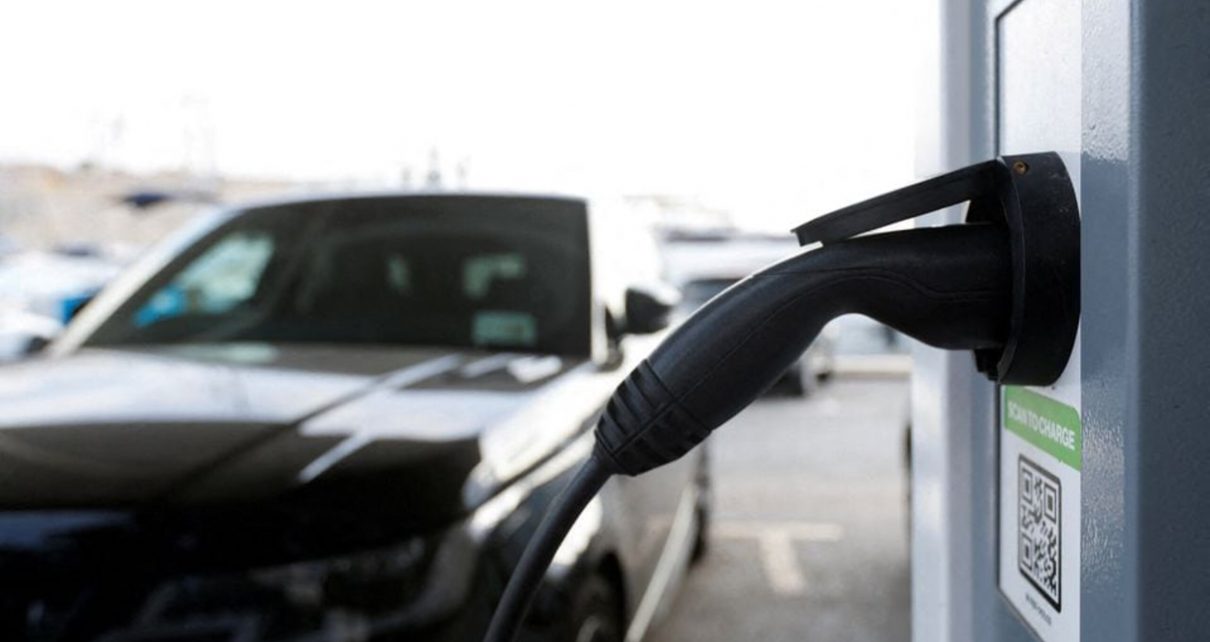According to a report unveiled at the COP28 climate conference in Dubai by the International Energy Agency (IEA), the global drive toward electric vehicles (EVs) is markedly denting the demand for fossil fuels, despite concerns about the sluggish reduction in fossil fuel consumption to combat climate change.
Industry experts note that soaring sales of EVs have hastened the timeline for global oil usage to reach its peak. The IEA projects the world’s oil consumption will crest at 103 million barrels per day by the end of this decade, significantly earlier than previously estimated.
Apostolos Petropoulos from the IEA highlighted, “Policy support for the shift to electrification has substantially reduced oil demand from the transportation sector, a key driver of global oil demand growth.”
BP and governments of major oil-consuming nations like the United States and China have adjusted their peak oil demand forecasts in response to the rising tide of EVs. Transportation, accounting for around 60% of global oil demand, is anticipated to witness a decrease, with EVs projected to slash about 5 million barrels per day of oil demand by 2030.
The IEA predicts that global EV sales, currently constituting around 13% of all vehicle sales, could surge to 40%-45% of the market by the decade’s end. Stringent efficiency standards and subsidies introduced post the 2015 Paris Agreement contribute to this rise.
While EV sales must reach an estimated 70% of the market by 2030 to align with the Paris Agreement’s climate goals, uncertainties loom over achieving these ambitious figures.
Despite some delays and cancellations in production plans by EV manufacturers in the United States due to rising costs, experts anticipate a potential spike in EV adoption driven by declining battery costs.
However, the future trajectory of EV adoption heavily depends on pricing and charging infrastructure availability. China, with its significantly lower EV costs and extensive charging infrastructure, leads the global EV market.
Comparatively, the United States faces higher EV prices and a substantial lag in public charging stations. Despite these challenges, EV registrations are projected to surge up to 50% in the U.S. by 2030, fueled by technological advancements and the lure of bypassing fuel price fluctuations.
Apostolos Petropoulos added, “Change on the political side could delay the transition, but ultimately, the transition is happening now.”




